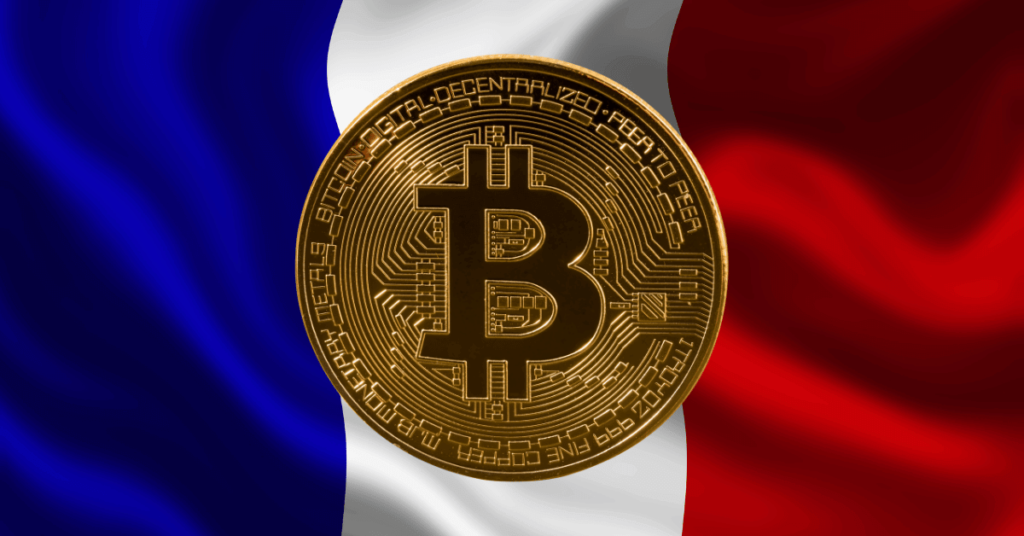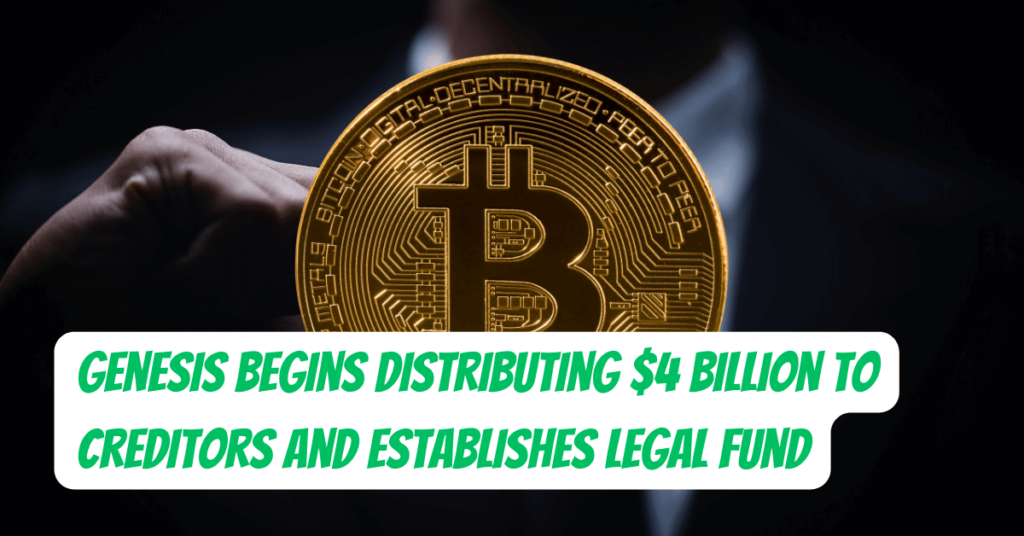The International Monetary Fund (IMF) announced progress in its discussions with El Salvador aimed at addressing fiscal and financial stability risks associated with Bitcoin (BTC). The ongoing negotiations focus on enhancing the country’s fiscal policies, including boosting bank reserve buffers and improving governance and transparency.
The IMF’s statement highlights that both parties have reached preliminary agreements on improving El Salvador’s primary balance by 3.5% of GDP over the next three years. While many potential risks related to Bitcoin have not yet materialized, there remains a joint recognition of the need for greater transparency and risk mitigation regarding the cryptocurrency’s use as legal tender.
El Salvador, under President Nayib Bukele, made Bitcoin legal tender in 2021 and has been actively purchasing Bitcoin since March, even amidst market fluctuations. The country has accumulated approximately 5,834 BTC, valued at $323 million. Bukele has indicated that this buying strategy will continue until Bitcoin becomes too expensive to acquire with fiat currencies.
JUST IN: 🇸🇻 While everyone else was panicking, El Salvador bought more #Bitcoin pic.twitter.com/NFuNECE3CI
— Bitcoin Magazine (@BitcoinMagazine) August 6, 2024
El Salvador’s Bitcoin reserves are part of a broader strategy that includes utilizing geothermal energy from the Tecapa volcano for Bitcoin mining. This initiative, along with the planned “Bitcoin City” and other economic integrations, underscores the nation’s commitment to integrating Bitcoin into its financial system.
As the IMF and El Salvador work towards a collaborative approach, the global community watches closely to see how these efforts might influence future fiscal and cryptocurrency policies.




